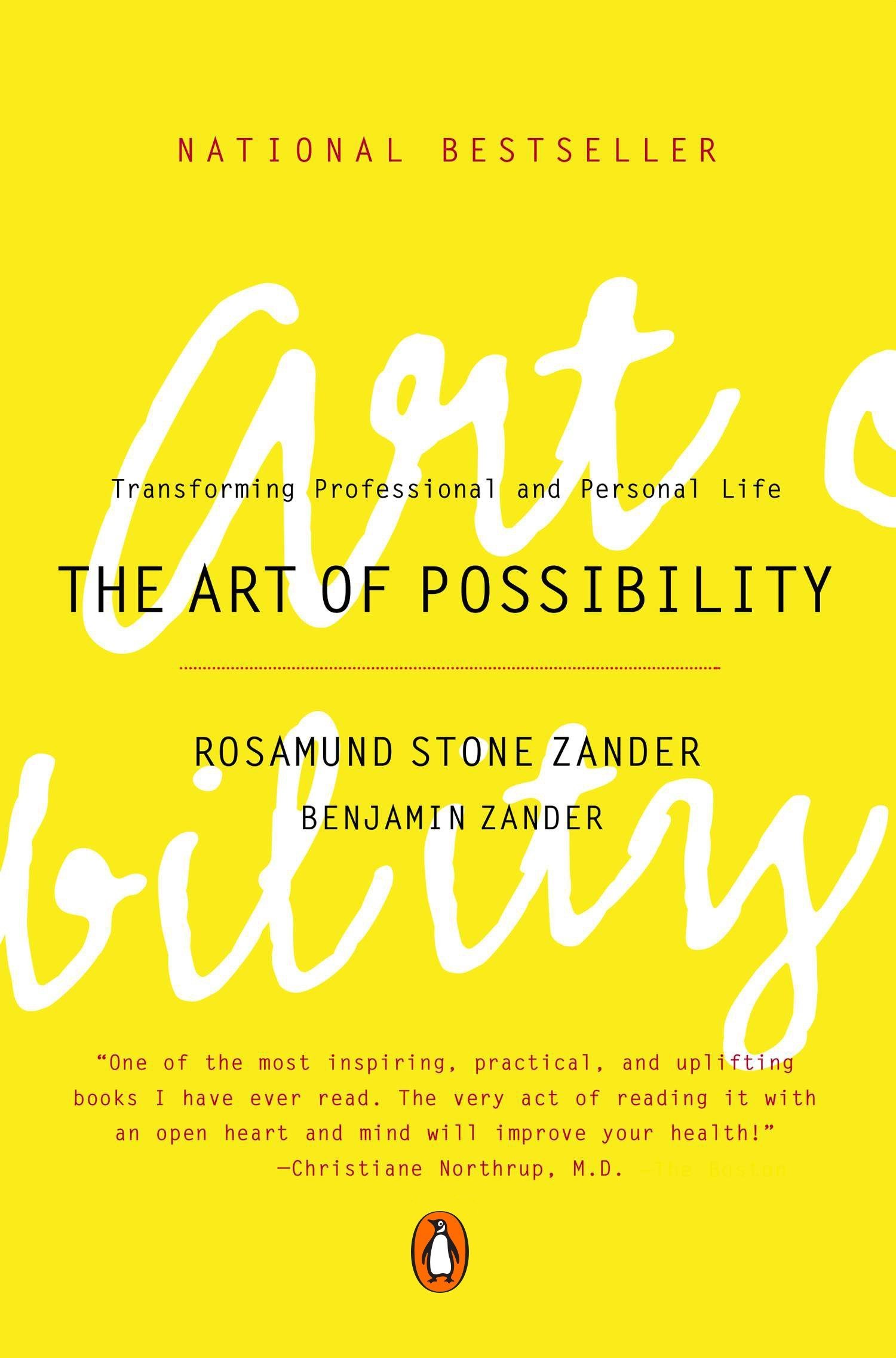I came across this awesome Nike ad while attending the Alberta Lacrosse Association Annual General Meeting this fall. Kyle Miller, a world champion field lacrosse player, showed it at the beginning of his keynote presentation to the AGM. Kyle's resiliency story is one of character, perseverance and courage, and it was an honor to hear him tell it. After learning about Kyle's story, it was very clear why he chose this particular video as an opener. Resilience is something Kyle Miller understands implicitly, and this ad isn't about anything if it's not about resiliency.
"Only the strong will survive" ... the theory of evolution indeed. The theory of competition... "The strong aren't immune to getting their asses kicked." Every athlete knows this. I've been talking a lot lately with anyone interested about change as continuous improvement as opposed to a finite change of state. Athletes know implicitly that the variables affecting their performance on any given day are infinite. They know that there are two sides to every competition and they line up to play the game to find out which side will be stronger... and both have to believe in their hearts that they will be the one. They do whatever they can to prepare for that game to the best of their ability, but without really knowing what the outcome will be. They have a challenge, and they prepare for it as thoroughly and professionally as possible considering the infinite variables at play. When they lose, the harder these gamers fall, the faster they bounce back to play again after dusting themselves off and adjusting their game plan. They "take a pass on uncle," and teachers should too. Teachers can learn so much in attempting to understand and adopt the athlete's perspective toward challenge.
Take some time to reflect on that. Passion, dedication, fortitude, commitment to purpose; all critical elements of a resilient person. If we intend to nurture resilient students, teachers must strive to possess these qualities so we can reflect them back toward our students. In doing so we become alternate mirrors reflecting positive and encouraging images about what the future has to offer; one where things never stop getting better and better as long as we are committed to the principle of change as continuous efforts to improve, as much as possible, despite the odds stacked against us. Change will happen despite what we do to try and control it... we need to embrace it and work with it; never say uncle on behalf of our students.
A new day is a new game and an opportunity to adjust our game plan to reflect what we think should be done to make that day better than the one before it... continuous improvement.
Teachers... get in the game.





